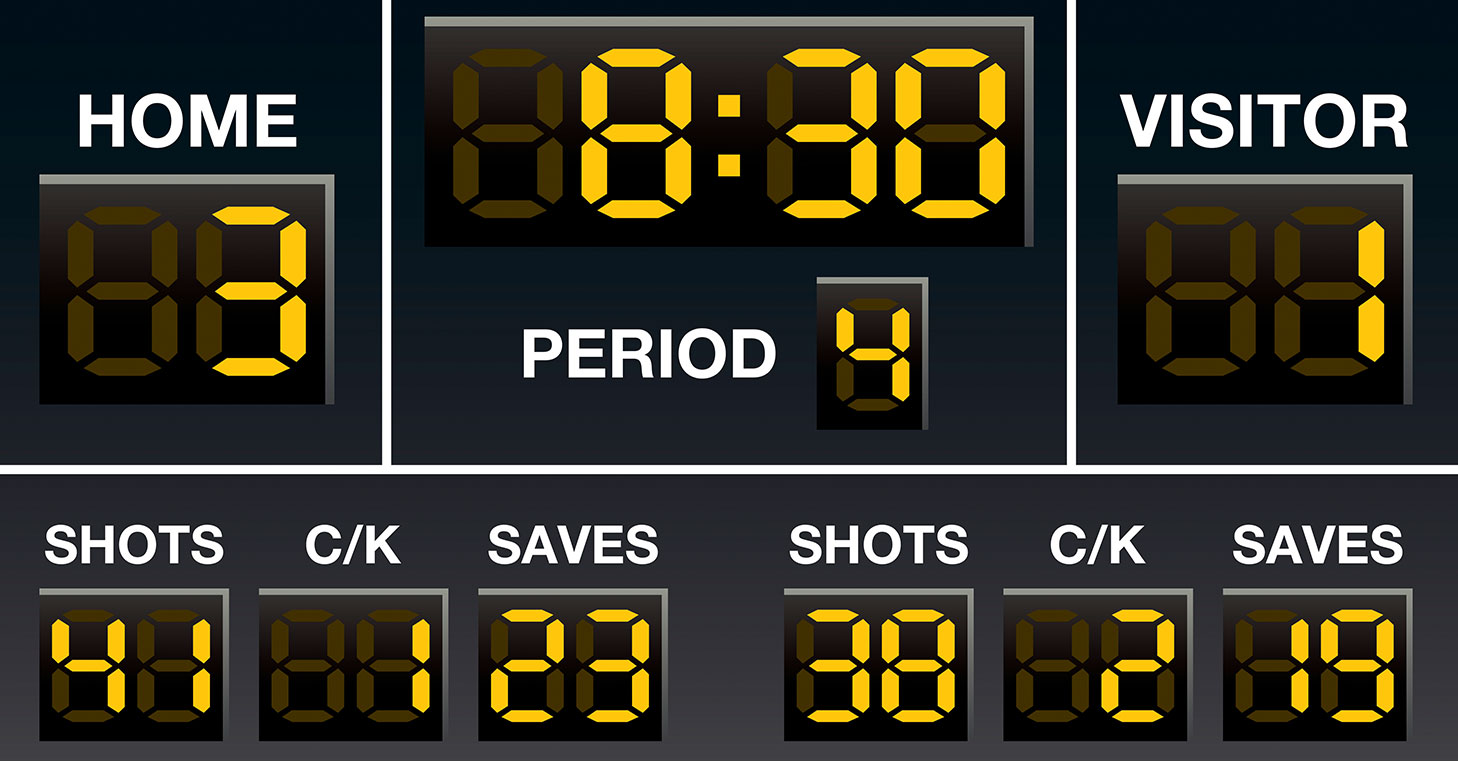In recent years, the California Franchise Tax Board (the “FTB”) has become known for auditing like-kind exchanges under IRC Section 1031. A scenario frequently challenged by the FTB is known as a “drop & swap.” In that situation, an entity taxed as a partnership (such as an LLC or limited partnership) transfers an undivided interest in real property to one or more partners in liquidation of their partnership interests. Partnership interests are not eligible for 1031 exchanges, but undivided interests in real estate are. Following the “drop,” upon the sale of the property, the former partners can do 1031 exchanges with their interests in the property.
The arguments used by the FTB to challenge drop & swap transactions, and related “swap & drop” transactions, range from a “qualified use” argument (i.e., the exchanging former partner didn’t acquire the real estate interest to hold for investment, as required by Section 1031), to an argument based on the Supreme Court’s Court Holding[1] case (i.e., the “drop” will be ignored because it was really the partnership that entered into the sale transaction and completed the sale of the property).
In the past few years, taxpayers have countered the FTB’s assault on drop & swaps and swap & drops with some important victories. But the FTB has scored the occasional point as well. With the recent Opinion on Petition for Rehearing in the Appeal of Sharon Mitchell[2] issued on January 28, 2020 (discussed below), this is a good time to review those recent cases.
Rago Development. Appeal of Rago Development, et al.[3] involved taxpayers doing a like-kind exchange, and then contributing the replacement property to an LLC in exchange for membership interests in the LLC — a “swap & drop.” The FTB disallowed the exchange on a qualified use argument (i.e., because of the subsequent transfer to the LLC, the taxpayers didn’t acquire the property to hold for investment). The taxpayers appealed to the State Board of Equalization (the “BOE”). In 2015 the BOE held in favor of the taxpayers in a published, precedential opinion. Perhaps the most important aspect of the BOE’s opinion is the care with which they examined and applied each of the cases in a line of taxpayer-friendly cases from the federal courts (i.e., Bolker[4], Magneson[5], Maloney[6], and Mason[7]). This undercut the FTB’s position that, since they were a state taxing authority, those federal cases didn’t apply. Ultimately the BOE concluded that “[h]ere, the evidence shows that appellants at all times held the replacement property for investment, first as tenants in common and then indefinitely through their LLC. . . . The later contribution of the property to the wholly owned LLC altered the form of appellants’ ownership but did not alter appellants’ fundamental objective to hold the property for investment.”
Mitchell. In Appeal of Sharon Mitchell, decided in 2018, the Office of Tax Appeals[8] (the “OTA”) held for the taxpayer in a classic drop & swap scenario. In Mitchell, the partnership distributed an undivided interest in the real property to the taxpayer a few days before the close of the sale of the real property, allowing the taxpayer to do a 1031 exchange with her undivided interest. The OTA summarily dismissed the FTB’s qualified use argument (“[t]he fact that the form of her ownership changed, from owning the property through her general partnership interest to owning it directly, is of no real significance here”). The FTB also relied on Court Holding. Court Holding, a Supreme Court case decided in 1945, involved a corporation that entered into an agreement to sell its assets. Prior to the sale, the corporation distributed the assets to its shareholders, who completed the sale, thus avoiding tax at the corporate level. The Supreme Court disallowed the characterization of the transaction as a sale by the shareholders, and treated the corporation as completing the sale. The FTB argued that Court Holding applied in Mitchell, and that the drop to the taxpayer should be ignored. The OTA, however, distinguished Court Holding since, in that case, the corporation had ignored corporate formalities, and the transfer was described as a “sham transaction” to avoid taxes. The OTA found that those factors were not present in the Mitchell case, and so Court Holding was distinguished and not applied, and the OTA held for the taxpayer.
Pau. In an “Opinion on Petition for Rehearing” in Appeal of Peter Pau and Susanna Pau[9], issued in 2019, the FTB won a victory in a drop & swap case with facts similar to Mitchell. In its Opinion, the OTA: (i) concurred with the BOE’s earlier decision sustaining the FTB’s assessment against the taxpayers, and (ii) denied the taxpayers’ petition for rehearing. Pau involved two drop & swaps by two partnerships immediately prior to the sale of the properties by the partnerships. The partnerships entered into the purchase and sale agreements, then distributed interests in the real property to the taxpayers just prior to the sales, with the taxpayers then completing 1031 exchanges with their interests in the properties. The FTB relied on Court Holding to argue that the real sellers of the properties were the partnerships and not the taxpayers. The BOE held for the FTB. In denying the taxpayers’ petition for rehearing, the OTA agreed with the earlier findings of the BOE: “[t]he evidence in the record . . . supports a finding that the partnerships were the true sellers of the properties because the partnerships signed the sales agreements, the deeds distributing interests were only recorded after the sale was imminent, and the partnership retained the benefits and burdens of owning the properties until the sale to the third party closed.”
Mitchell Redux. In an “Opinion on Petition for Rehearing” in Appeal of Sharon Mitchell, issued on January 28, 2020, the OTA denied the FTB’s petition for rehearing of the Mitchell case, discussed above. The FTB argued that the evidence was insufficient to justify the OTA’s finding that the partners had been planning the drop & swap from the beginning, thus distinguishing Court Holding. The OTA found that the evidence was “sufficient to support our finding that Con-Med’s representative negotiated the sale or exchange of the property on behalf the partnership and its 17 partners so that the partners could determine whether they wished to become tenants in common and exchange their interests rather than cashing out after the partnership terminated.” (emphasis in original). With regard to the FTB’s argument that the OTA failed to properly apply Court Holding: “FTB’s argument in its petition for rehearing focuses primarily on its view that the opinion did not apply the substance-over-form doctrine set forth in Court Holding. However, we did not ignore Court Holding or its progeny. Instead, we distinguished them on the basis that the facts of this transaction are materially different. In this appeal, we weighed the evidence and found that appellant met all requirements for a valid 1031 exchange and that there was no effort to disguise the transaction or its various components by ‘mere formalisms.’
Conclusion. The Mitchell appeal, and petition for rehearing, were both decided in favor of the taxpayer by a three-judge panel, with one judge dissenting. On similar facts, the Pau petition for rehearing of an earlier BOE opinion was decided in favor of the FTB by a unanimous three-judge panel. Neither opinion has been made “precedential” by the OTA or BOE. The Rago opinion is expressly precedential, and scores a clear point for taxpayers. The law in this area can only be described as “still developing.”
[1] Commissioner v. Court Holding Co., 324 U.S. 331 (1945).
[2] OTA Case No. 18011715
[3] In the Matter of the Consolidated Appeals of Rago Development Corp., et al., Formal Opinion 2015-SBE-001 (June 23, 2015).
[4] Bolker v. Commissioner, 760 F.2d 1039 (9th Cir. 1985).
[5] Magneson v. Commissioner, 753 F.2d 1490 (9th Cir. 1985).
[6] Maloney v. Commissioner, 93 T.C. 89 (1989).
[7] Mason v. Commissioner, 55 T.C.M.1134 (1988).
[8] Beginning in 2018, the OTA succeeded the BOE in hearing appeals of FTB decisions. Precedential opinions of the SBE are also precedential for the OTA (18 CCR Section 30504).
[9] OTA Case No. 18011375.
Legal disclaimer: The information in this article (i) is provided for general informational purposes only, (ii) is not provided in the course of and does not create or constitute an attorney-client relationship, (iii) is not intended as a solicitation, (iv) is not intended to convey or constitute legal advice, and (v) is not a substitute for obtaining legal advice from a qualified attorney. You should not act upon any of the information in this article without first seeking qualified professional counsel on your specific matter.






